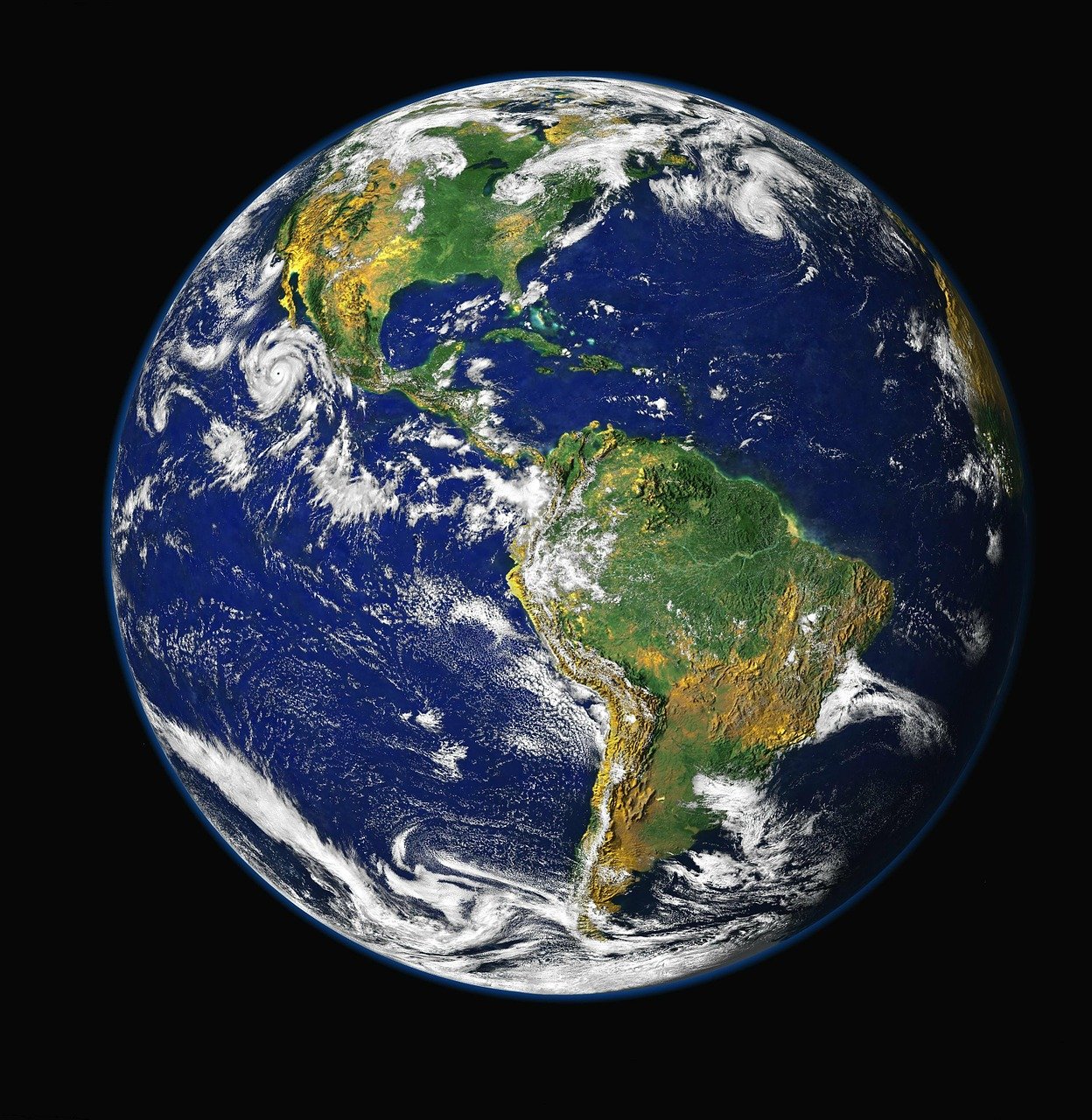There will come a day when the night sky will be completely black.
As our galaxy proceeds to merge with its surrounding galaxies, the night sky will undergo significant transformation, as seen from Earth. The rapid expansion will ultimately tear the galaxies away at a quicker rate than light, erasing the unique products of the big bang and removing any points of reference for measuring the expansion of space-time itself.
Galactic Cannibalism
Cannibalism on a galactic scale? This is correct. You did hear it correctly. In the cosmos, there are many situations in which a galaxy may collide with another galaxy or with a group of galaxies. Technically speaking, you might argue that a galaxy devours another universe.
This phenomenon is referred to as ‘Galactic Cannibalism’ in the scientific community. According to some estimates, more giant galaxies collide with smaller galaxies once every 8 to 9 billion years. Furthermore, many smaller galaxies collide with bigger ones regularly.
A large portion of the Milky Way galaxy is being sucked away.
Something unnamed, far more significant than anything else in the known universe, is sucking up vast chunks of the Milky Way galaxy, also known as your home, and sucked them away. An unusual cluster of galaxies traveling at an incredible pace towards a tiny area of sky between Centaurus and Vela was discovered in 2009. The collection was found in 2009.Scientists have used the term “dark flow” to allude to this phenomenon concerning other cosmic mysteries such as dark matter and dark energy.
Superstorms on the Sun
There is a constant glare from the Sun. However, there are occasions when the Sun maybe a little too bright for comfort. Moreover, this rapid burst of light is referred to as a ‘Solar Flare.’ In most cases, a solar flare will be followed by another event known as a ‘Coronal Mass Ejection’ (CME). They are free to go in any direction. Indeed, the particles and radio waves from a solar flare may sometimes reach the Earth’s surface due to its activity. In such a scenario, we will be confronted with a variety of problems on Earth. On the 23rd of July, 2012, a powerful solar storm came dangerously close to hitting the Earth. This was a solar flare that had the potential to be harmful. We’re fortunate in that we’ve just gotten away from it.
You can weep your heart out wherever you are.
When you are in space, though, things are a bit different. We are not arguing that it is impossible to weep in an area. However, we are attempting to convey that you cannot cry the same way in space that you do on Earth.
Until you weep in space, the tears accumulate and may float about when they break loose. According to astronauts, this accumulation of tears would ultimately hurt as well as cause discomfort.

